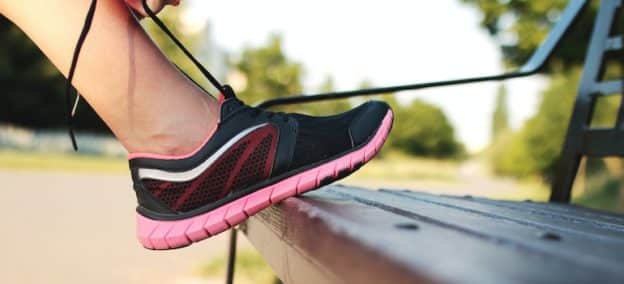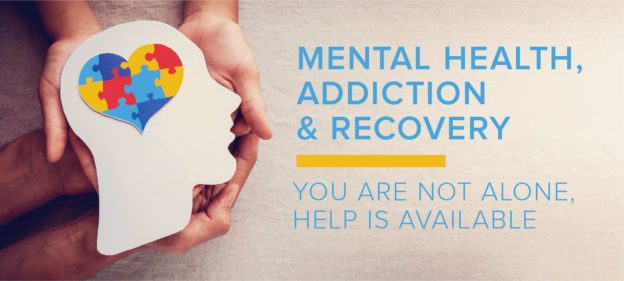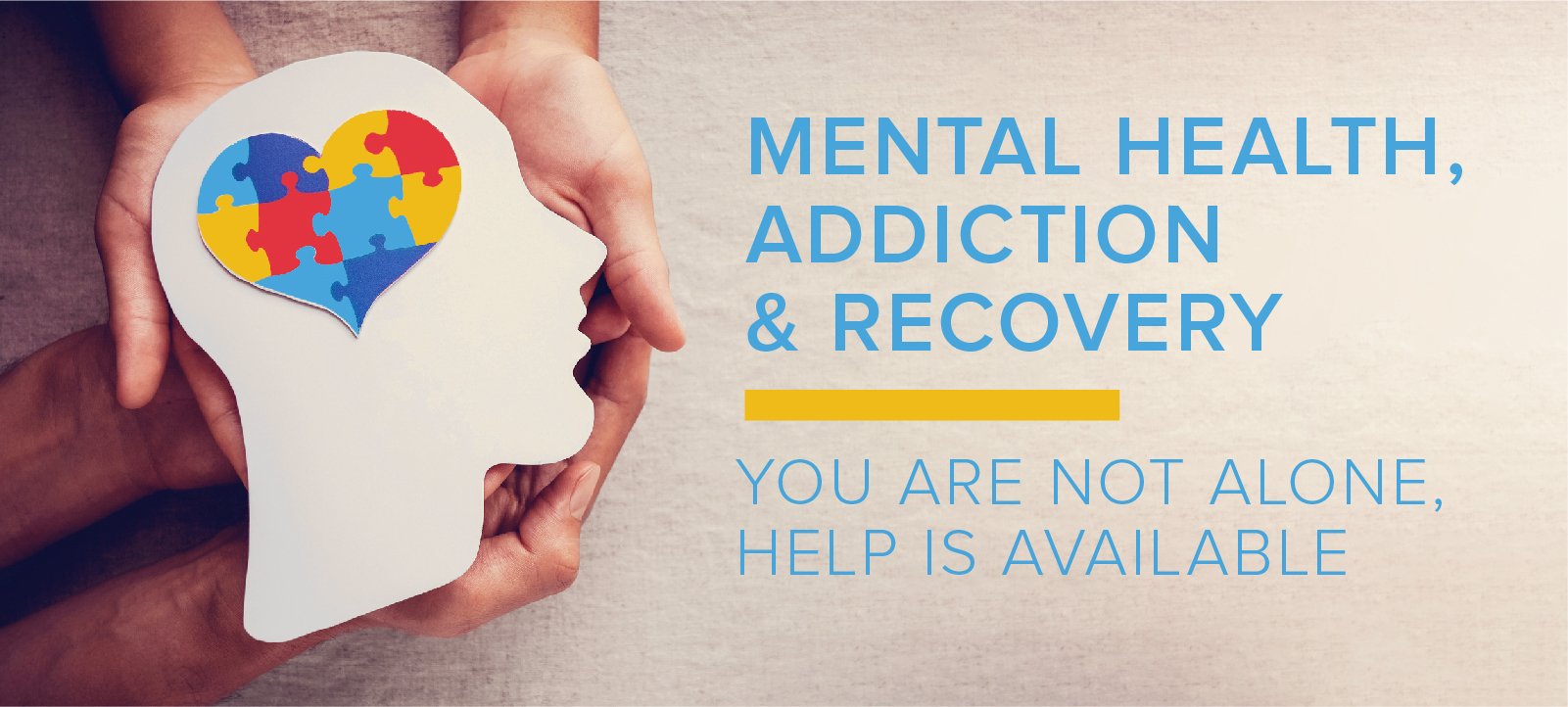If you grew up in a home with a parent who misuse alcohol, you’re probably familiar with the feeling of never knowing what to expect from one day to the next. When one or both parents struggle with addiction, the home environment is predictably unpredictable. For many people in recovery, the struggles caused by growing up with a parent living with an active addiction continue to plague their abilities to live balanced and emotionally healthy lives. A child who grows up with a parent or caregiver who drinks heavily and/or uses drugs is never a priority. They also don’t have the positive example and guidance they need to learn how to take care of themselves, build healthy relationships, and get a strong emotional start in life. As a result, adult children of alcoholics, or ACOAs, often face a number of characteristic difficulties in adulthood. Each of these issues can make it harder to find peace and balance, and many ultimately turn to the use and abuse of substances as a means of handling those challenges.
If you’re a child of an alcoholic, that doesn’t mean that everything on this list will apply to you. Though because the experiences have common features, it’s likely you will recognize at least a few items from this list.
Lasting Effects as Adult Children of Alcoholics
Impulsive behavior: Adult children of alcoholics (ACOAs) will often impulsively make a choice or respond to a situation without thinking through the consequences or considering other options. Ultimately, this means that they will spend a lot of time trying to fix the problems that result and/or covering up the consequences.
Inconsistency: ACOAs have a difficult time with follow-through and often overcommit in their work and home lives as well as in personal relationships. Though they often feel the need to take care of everyone and everything around them, they will find it difficult to follow through and make good on their commitments.
Perceived victimhood: ACOAs have a hard time identifying the role that their choices play in the evolution of their lives and relationships. Instead, they often blame the people around them for the consequences of their choices, often defending themselves by saying, “Well, you did X, so I was FORCED to do Z.” Because they have a difficult time acknowledging their mistakes, they often repeat them since they are unable to learn from them and make better choices next time.
Self-Isolating: This trait is a common effect of other traits and maladaptive behaviors. ACOAs tend to both push other people away and isolate themselves. In many cases, it is part of a coping strategy they use to self-soothe. Although it is an unhealthy response to emotional turmoil, it is one the adult child of an alcoholic may learn. Unfortunately, self-isolation persists into adulthood even long after the individual is out of the environment that created the original stress.
Approval Seeking: ACOA traits also include seeking approval from the people around them and becoming people pleasers. They may not realize that their other behaviors that deter people and hurt their relationships are problematic. However, since they have trouble maintaining relationships, they often seek approval as self-assurance.
Other common characteristics of adult children of alcoholics include:
- Being unable to trust yourself or others.
- Hypervigilance in social interactions.
- Feeling hypersensitive to comments from others.
- Being guarded in your personal communications.
- High achievement and perfectionism.
- Prioritizing the needs of others above your own.
- Using conflict avoidance techniques, such as withdrawing physically or emotionally.
- Feeling disconnected from your feelings of anger.
- Being unable to express your feelings in appropriate ways.
- Strong avoidance or escapism behaviors.
- A diminished capacity to deal with negative emotions in others.
- All-or-nothing or black-and-white thinking, meaning you see people and circumstances as all good or all bad.
- Creating crises when there aren’t any.
- Low self-esteem and a lack of self-worth.
- High tolerance for inappropriate or poor behavior in others.
How to Cope
Growing up in an alcoholic home can be unpredictable. A parent’s problematic drinking behavior can have a gradual or cumulative impact on a child’s development. While each family touched by alcohol abuse is unique, one clinician asserts that there are certain ‘rules’ of behavior and beliefs that members in alcoholic homes may adhere to.
The limits and restrictions that were placed on you may have caused you to adapt in ways that felt necessary to ensure your survival and safety. As a child, you didn’t have an option to make a different choice because you weren’t developmentally able to do so. You were not given the chance to learn healthier behavior patterns as you were growing up, and this can ultimately harm your mental health. Here’s how you can cope as an adult child of alcoholics.
How to Find Support When You’re the Adult Child of Alcoholics
Many adult children find that seeking professional treatment or counseling for insight into their feelings, behaviors, and struggles helps them achieve greater awareness of how their childhood shaped who they are today. The process is often overwhelming in the beginning, but it can help you learn how to express your needs and cope with conflict in new and constructive ways.
Experts recommend therapy and 12-step meetings for help coping with the effects of growing up with an alcoholic parent. Psychotherapy may help you understand the impact your parents’ alcoholism has had on you and the choices you are making. Look for a licensed mental health professional with experience working with adult children of alcoholics or with addressing trauma.
Al-Anon is a free support group for family members and friends of people with alcoholism. It uses a 12-step program. Meetings are held in communities across the U.S.
How to Thrive as an Adult Child of Alcoholics
As an adult, you can’t go back in time and force your caregivers to make the right choices. However, you can seek treatment and advocate recovery no matter your age. Fortunately, many ACOAs don’t follow in their parents’ footsteps. They learn to heal through a combination of methods. Then, they thrive. If you’re a child of an alcoholic, experts recommended you follow four steps:
- Explore your past history.
- Connect the past to the present.
- Challenge your internalized beliefs.
- Learn new skills.
Psychotherapy can help you explore your past and connect it to the present. Understand the impact your parent’s alcoholism has on you and the decisions you make, even to this day. This exploration is not meant to assign blame — it’s designed to acknowledge and accept reality.
Support groups, such as Al-Anon or ACA (Adult Children of Alcoholics), provide a space to talk about alcoholism and its effect on your life. You can meet people experiencing the same pain you are and challenge subconscious beliefs. ACOAs often internalize fears like, “No one wants to hear what I have to say,” or, “People will always walk all over me.” Support groups are also an excellent resource for step four, which is learning new skills to cope. If you feel isolated or embarrassed, support groups are a space where you can let go of that shame and feel free.
Find Help with Harmony Ridge
Without the right treatment for emotional issues, or addiction treatment for those who develop an addiction, life can feel like a series of disappointments for ACOAs. Being an adult child of an alcoholic can be a confusing and stressful situation. ACOA traits and behavioral tendencies can leave them feeling down, exhausted, and confused. Since relationship troubles are common, many people also feel alone but have trouble knowing how to ask for help.
Has your addiction left you feeling helpless with no way out? Has your loved one’s addiction made them unrecognizable? We understand what you are experiencing and are here to help! Addiction not only negatively impacts the life of the user, but it also wreaks havoc upon the lives of their family and friends. Things may feel hopeless at the moment, but there is a way out. Recovering from alcohol or drug addiction is feasible.
With dedication, the right support system and choosing an accredited drug and alcohol treatment program, countless individuals have achieved and maintained sobriety. Researching the right drug and alcohol treatment facility is the first step towards recovery.













